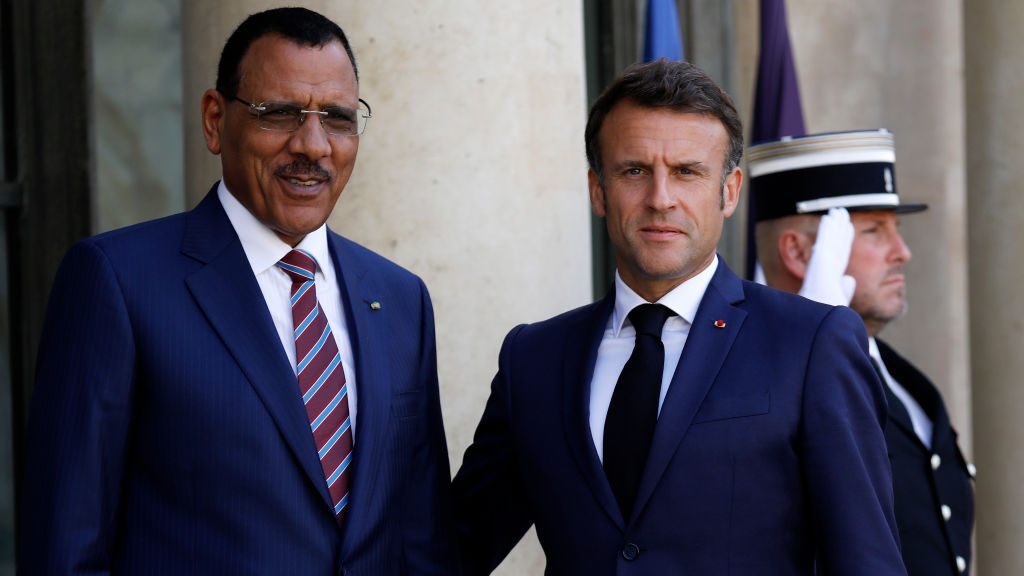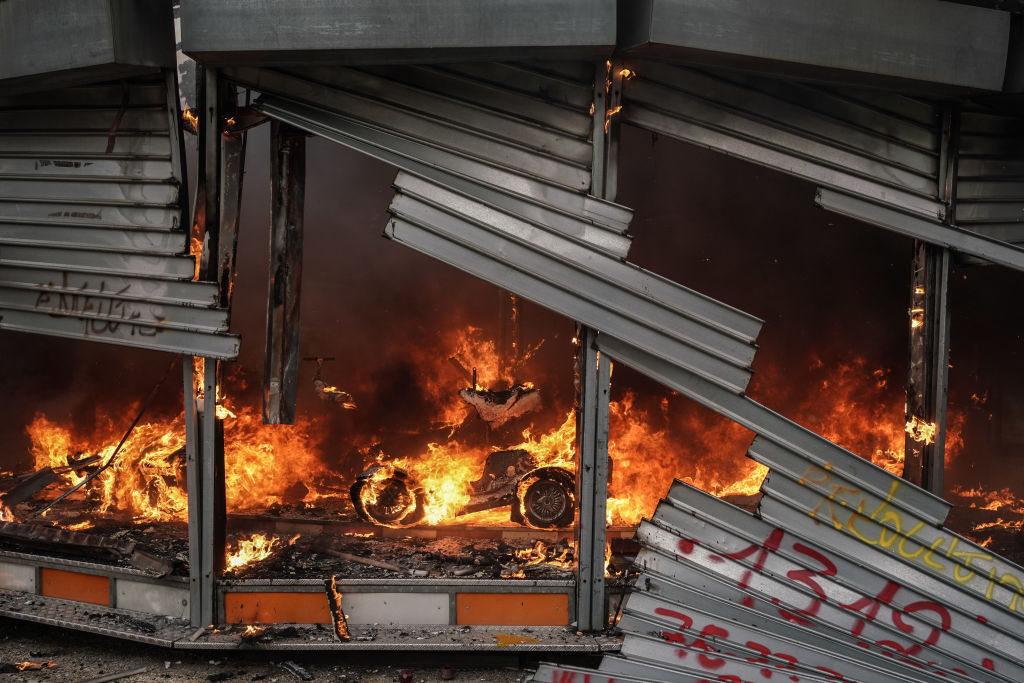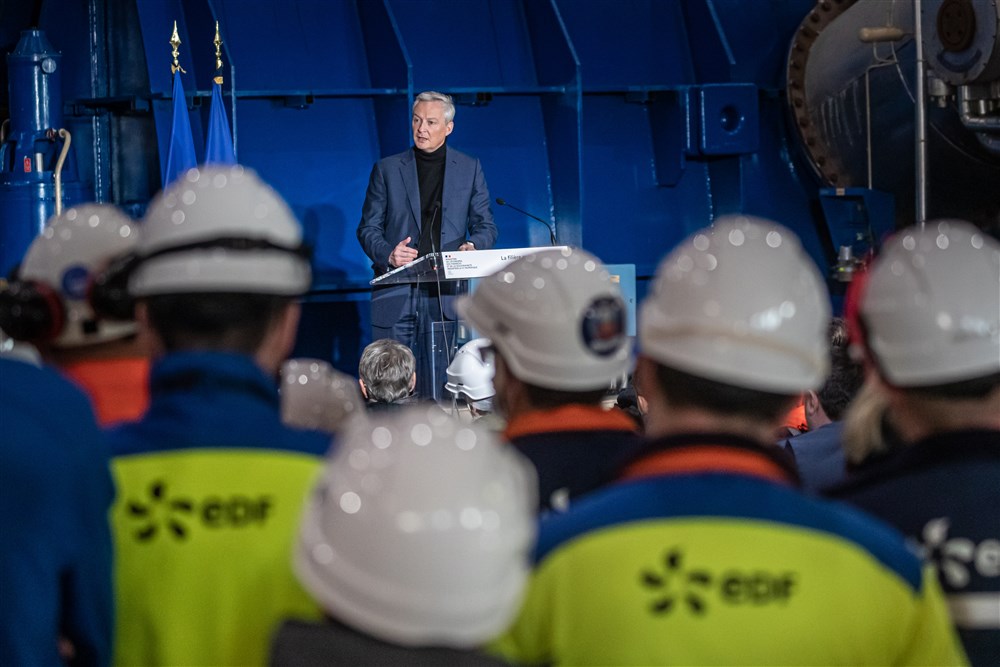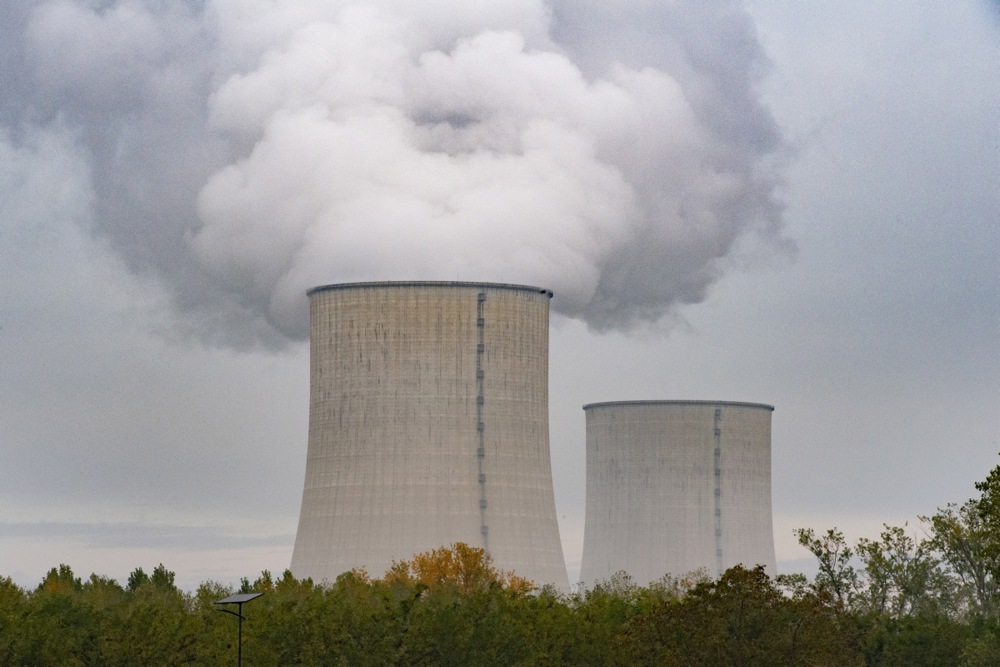Niger has turned more hostile towards the West, and France in particular, after the African country’s military coup d’état on July 26.
Relations between Niger and France are quickly souring with the new leaders of Niger having now suspended the export of gold and uranium to France.
Conversely, France – and the European Union – have suspended security cooperation and financial aid to the country.
On July 30, angry protesters waving Russian flags gathered outside the French Embassy in Niger’s capital Niamey. Demonstrators chanted anti-French slogans and demanded the closure of foreign bases in Niger. A number of them tried to break into the building and were pictured smashing windows.
The protests have been organised by the M62 movement, according to those on the ground. M62 is a civil group that refers to itself as “anti-imperialistic and anti-French”. Members claim to protect “the sovereignty and dignity of the people”.
?? The French embassy in Republic of the Niger is under siege. Protesters are trying to break into the building.
Protesters support the military coup while chanting praise to the Wagner Group and waving Russian flags.#RussiaIsCollapsing #Russian #france #niger #ukraine pic.twitter.com/AoCGiKGluE
— Intermarium 24 (@intermarium24) July 30, 2023
Following the attack on the embassy, French President Emmanuel Macron said France would react “swiftly and firmly”.
France’s foreign affairs ministry condemned the violence and warned: “Nigerien troops have the duty to ensure the security of our diplomatic and consular premises under the Vienna Conventions. We urge them to fulfil their obligations under international law.”
There are an estimated 500 to 600 French citizens in Niger, according to the French Government. On July 30, France’s foreign affairs minister Catherine Colonna said there were currently no plans to evacuate them.
There is also a contingent of 1,500 French soldiers, alongside 1,100 American soldiers.
The US said its assistance to Niger was in jeopardy but stopped short of describing the events as a “coup” as that would immediately freeze aid to the country under US Law. US troops would also have to pull out.
In response to the rebellion, the EU’s foreign-policy chief Josep Borrell declared that the bloc had suspended financial support and military aid to Niger. Additionally, he said the EU would continue to regard President Mohamed Bazoum as the nation’s sole legitimate leader.
Nevertheless, the EU will still provide humanitarian aid to Niger, with a budget of €25 million for the year 2023. Some Member States also said they will continue to provide aid as they have “issues with the new regime but not with the population”.
Niger has been an important ally of the West and was involved with other nations in fighting jihadism and rising Russian influence in the region.
General Abdourahamane Tchiani, the chief of Niger’s powerful presidential guard who took power in the coup, said it was in response to “the degradation of the security situation” linked to jihadist bloodshed as well as corruption and economic woes.
The Economic Community of West African States (ECOWAS), a regional political and economic union that promotes peace and stability in West Africa, has been closely observing the situation in Niger and has firmly denounced the coup, setting a deadline to restore order.
Niger is now facing a blockade of its air and land borders, a comprehensive trade embargo and the freezing of its funds with the Central Bank of West African States (BCEAO). Nigerian President Bola Tinubu, who took the helm at ECOWAS in early July, imposed the restrictions.
Despite possessing extensive uranium deposits, landlocked Niger frequently finds itself at the bottom of the UN’s Human Development Index. More than 10 million of its inhabitants (41.8 per cent of the population) were living in extreme poverty in 2021.
Since gaining independence in 1960, the nation has suffered four coups and other serious unrest including two previous attempts to topple Bazoum.





